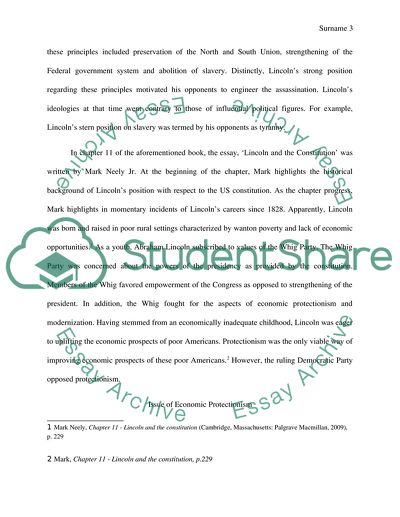Cite this document
(“Historical Background Of Lincolns Position Book Report/Review”, n.d.)
Historical Background Of Lincolns Position Book Report/Review. Retrieved from https://studentshare.org/history/1846060-the-best-american-history-essays-on-lincoln-chapter-11-lincoln-and-the-constitution
Historical Background Of Lincolns Position Book Report/Review. Retrieved from https://studentshare.org/history/1846060-the-best-american-history-essays-on-lincoln-chapter-11-lincoln-and-the-constitution
(Historical Background Of Lincolns Position Book Report/Review)
Historical Background Of Lincolns Position Book Report/Review. https://studentshare.org/history/1846060-the-best-american-history-essays-on-lincoln-chapter-11-lincoln-and-the-constitution.
Historical Background Of Lincolns Position Book Report/Review. https://studentshare.org/history/1846060-the-best-american-history-essays-on-lincoln-chapter-11-lincoln-and-the-constitution.
“Historical Background Of Lincolns Position Book Report/Review”, n.d. https://studentshare.org/history/1846060-the-best-american-history-essays-on-lincoln-chapter-11-lincoln-and-the-constitution.


